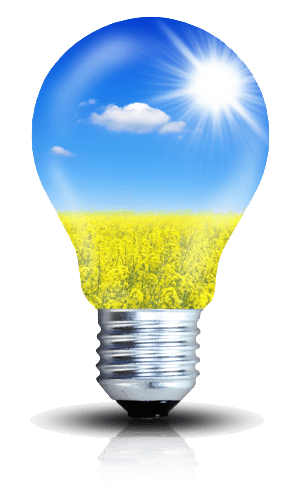Introduction
In a world where environmental consciousness is gaining traction, maximizing home energy efficiency has become more than just a trend—it’s a necessity. With the rising costs of energy and the impact of carbon emissions on our planet, homeowners are increasingly seeking ways to reduce their energy consumption and minimize their carbon footprint. Fortunately, there are numerous strategies and technologies available to help individuals and families achieve this goal.
Understanding Home Energy Efficiency
Before delving into specific strategies, it’s important to understand what home energy efficiency entails. Essentially, it refers to the ability of a home to minimize energy waste while still meeting the needs of its occupants. This involves optimizing energy consumption across various systems and appliances within the home, from heating and cooling to lighting and appliances.
Assessing Your Home’s Energy Usage
The first step in maximizing home energy efficiency is to assess your current energy usage. This can be done through a comprehensive energy audit, which evaluates how energy is being consumed throughout your home. During an energy audit, professionals will inspect key areas such as insulation, windows, doors, heating and cooling systems, and appliances to identify areas for improvement.
Sealing Air Leaks and Improving Insulation
One of the most effective ways to improve home energy efficiency is by sealing air leaks and improving insulation. Air leaks, often found around windows, doors, and vents, allow warm or cool air to escape from the home, forcing HVAC systems to work harder to maintain a comfortable temperature. By sealing these leaks and adding insulation where needed, homeowners can reduce energy waste and lower their utility bills.
Upgrading to Energy-Efficient Appliances
Another key strategy for maximizing home energy efficiency is to upgrade to energy-efficient appliances. Modern appliances such as refrigerators, dishwashers, washing machines, and water heaters are designed to consume less energy while still providing the same level of performance. Look for appliances with the ENERGY STAR label, which indicates that they meet strict energy efficiency guidelines set by the U.S. Environmental Protection Agency.
Investing in Smart Home Technology
Smart home technology offers innovative ways to monitor and control energy usage in the home. From smart thermostats that learn your heating and cooling preferences to smart lighting systems that adjust brightness based on natural light levels, these technologies can help homeowners optimize energy consumption and reduce waste. Additionally, smart home devices can provide real-time energy usage data, allowing users to identify areas for improvement and make informed decisions about their energy usage.
Optimizing Heating and Cooling Systems
Heating and cooling account for a significant portion of home energy usage, especially in regions with extreme temperatures. By optimizing HVAC systems, homeowners can reduce energy consumption without sacrificing comfort. This may involve scheduling regular maintenance to ensure that systems are operating efficiently, upgrading to energy-efficient equipment, or implementing zoning systems to heat or cool specific areas of the home as needed.
Harnessing Renewable Energy Sources
For homeowners looking to further reduce their reliance on traditional energy sources, harnessing renewable energy sources such as solar or wind power can be a viable option. Installing solar panels on the roof or investing in a small wind turbine can help generate clean, renewable energy to power your home, potentially reducing or even eliminating your electricity bills over time. Additionally, many governments offer incentives and rebates to offset the cost of renewable energy installations.
Conclusion
Maximizing home energy efficiency is not only beneficial for reducing utility bills and minimizing environmental impact, but it also contributes to a more comfortable and sustainable living environment. By implementing the strategies outlined in this guide, homeowners can take proactive steps towards achieving greater energy efficiency in their homes. From sealing air leaks and upgrading appliances to investing in smart home technology and renewable energy sources, there are numerous ways to make your home more energy efficient and environmentally friendly. Read more about reduce energy consumption at home



